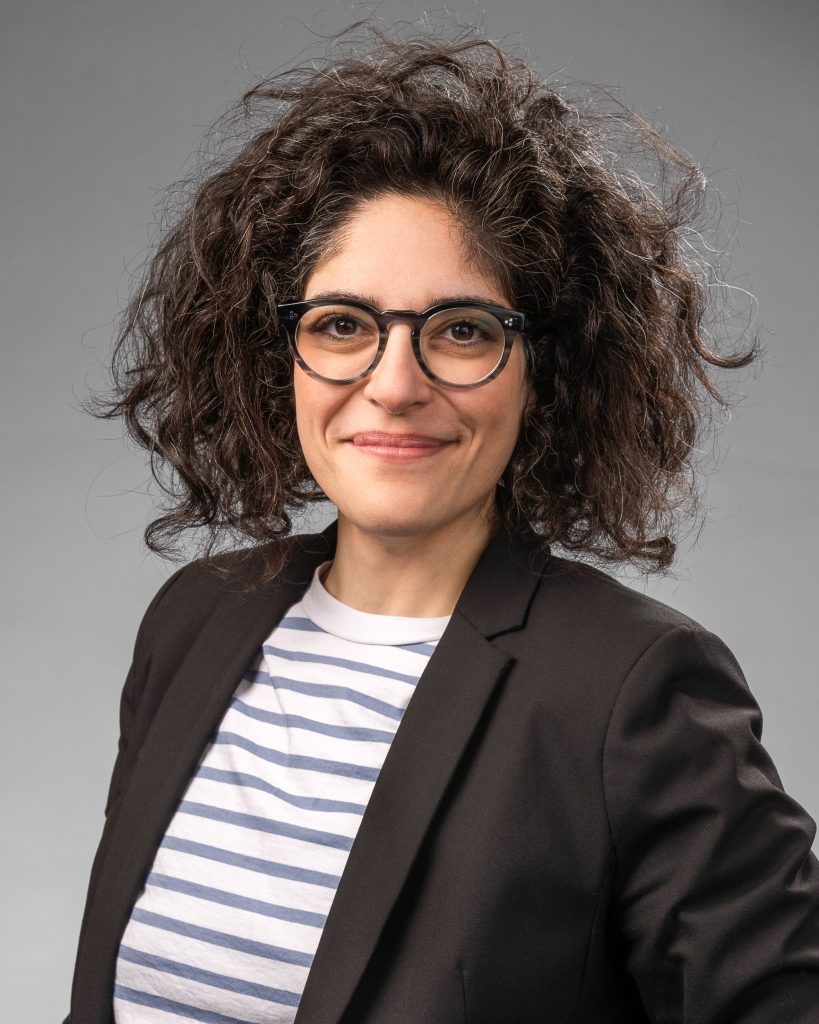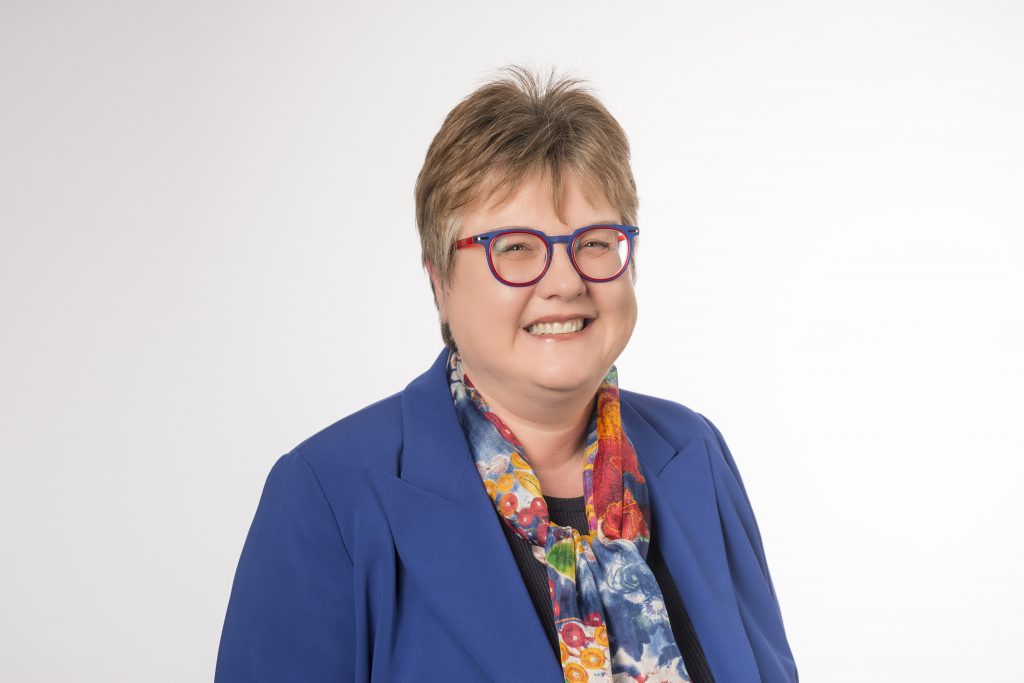Board of directors

CHAIR: Rigmor C Berg has a PhD in Health Promotion and Behavior, from the University of Georgia (USA). She works with evidence-based practice, HIV-prevention research and topics related to sexual health and equality. She is professor at UiT The Arctic University of Norway, and Department Director at the Norwegian Institute of Public Health. As Department Director, Rigmor is responsible for and supervise a range of projects including implementation of machine learning into systematic review processes. Her responsibilities also include personnel management, budget, and collaboration with Norwegian policy makers. Rigmor has authored about a hundred systematic reviews, including qualitative evidence syntheses, mapping reviews, rapid reviews, evidence and gap maps, and other systematic reviews.

VICE CHAIR: Marie-Claude Sirois holds a Master’s degree in Psychoeducation and a Master’s degree in Administration Science – Management and development of organizations. Initially a clinician working with children in need of protection, young people and families in difficulty, as well as adults with mental health problems, she continued her career as a senior executive in the health and social services network. Ms. Sirois has been working at Institut National d’Excellence en Santé et Services Sociaux (INESSS) since 2017, where she currently holds the position of Director of the Directorate of Evaluation and Support for the Improvement of Intervention Methods in Social Services and Mental Health. Since 2019, she has contributed to the creation of the International Network of Social Intervention Assessment (INSIA) to support networking, international collaboration and methodological development. She currently holds the position of vice-chair with this network.

Maral Jolstedt is a clinical psychologist and has a PhD in child and adolescent psychiatry from Karolinska Institutet (Sweden). Her research has been on increasing access to evidence-based interventions, prerequisites for implementation and evidence-based practice. She has experience in developing guidelines and supporting the implementation of guidelines on national and regional level.
She currently works as coordinator for Social Affairs at the Swedish Agency for Health Technology Assessment and Assessment of Social Services (SBU). In her current role, Maral engages key partners on national and regional level in using research and social intervention assessments in the development of guidelines and recommendations. Her work includes understanding how research and social intervention assessments can become more relevant and accessible based on the needs of those who work with guidelines and implementation, and pushing for novel ways to bridging gaps between research and practice.

Susan Myles is Director of Health Technology Wales (HTW) a national HTA body established to deliver a strategic approach to the identification, appraisal and adoption of medical technologies in Wales (UK). HTW produces rapid evidence reviews and issues national guidance on the use of medical technologies in health and social care settings in Wales. Susan has been engaged in applied health technology assessment for over 25 years. Prior to joining HTW, she led the establishment and work of the Scottish Health Technologies Group (SHTG).
Susan holds qualifications in Economics (BA, Strathclyde) Health Economics (MSc, York) Epidemiology (PgDip, Edinburgh) and Health Services Research (PhD, Edinburgh). She has held both lectureships and research positions in health economics and received scholarships from the UK Department of Health and the Medical Research Council. Susan is also a previous recipient of a Harkness Fellowship in Healthcare Policy, based at Johns Hopkins University in the USA. Her interests span several areas of health economics and health services research.

PAST CHAIR: Nick Baillie is currently programme director: implementation and engagement at the National Institute for Health and Care Excellence (NICE). NICE produce evidence-based guidelines and quality standards across social care, public health and health care sectors in England.
When NICE’s role in social care was formally established in 2013, Nick had a role working on some of the first guidelines and quality standards, agreeing a library of social care topics and building the organisation’s relationships with key partners in the social care sector.
In his current role, Nick is responsible for work to engage key national partners in NICE’s work, support implementation of guidelines and assess their impact. This includes a broad range of topics across social care, with a particular interest in the interface of social care and health care. Key areas of work include embedding evidence based guidelines in the quality improvement frameworks and regulation of the social care system.
Prior to working at NICE, Nick worked in a variety of quality improvement and governance roles across the public sector and holds a masters degree in health services research.

Angélique Khaled Graduate of political sciences (Sciences Po Paris) and the Ecole des Hautes Etudes en Santé Publique (EHESP), Angélique Khaled is currently Director of the Social Support Quality Department (DIQASM) at the French National Authority for Health (HAS), an independent, public scientific advisory body which purpose is to increase quality of health in healthcare and social care services.
As Director of the DIQASM, Angélique Khaled supervises the development of tools and evidence-based professional guidelines for services and establishments that support the elderly, people with disabilities, children under protection and people in social difficulty. She is also responsible for assessing the quality of services provided by all these organisations.
Angélique Khaled’s career has revolved around public commitment to the inclusion and integration of vulnerable people: she has held various positions within the Ministry of Social Affairs and Health, where she contributed to public policies in favour of people with disabilities, and then to employment and training issues in the social and paramedical professions. Immediately prior to joining the HAS, Angélique Khaled was Director of State Territorial Administration in the Yvelines département, which has a population of 1.5 million, where she was responsible for implementing measures in the areas of accommodation, housing, the fight against poverty, professional integration and employment development.

